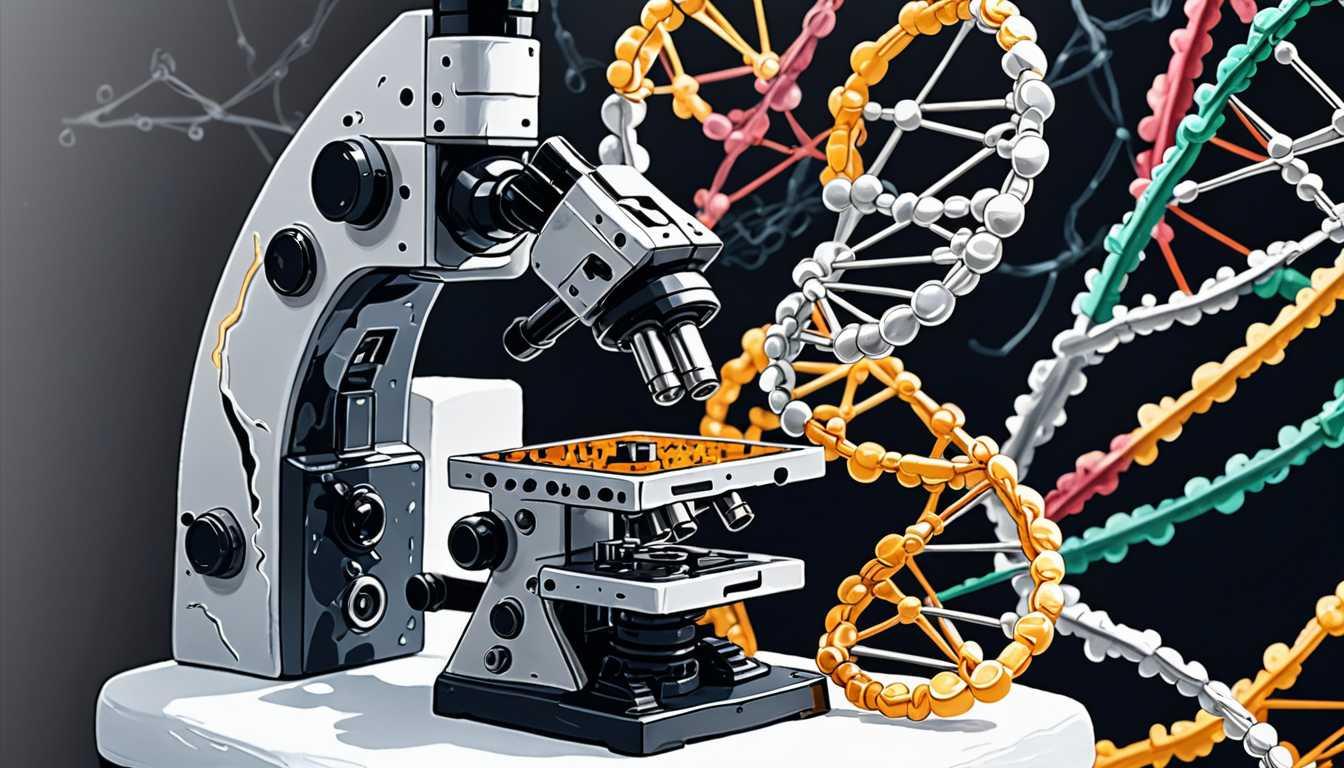Gene Heroes: Battling Brain Anxiety
April 2023
University of Bristol
Introduction
Dive into the world of brainy breakthroughs with a splash of science from the University of Bristol! Scientists have uncovered a gene that acts like a superhero, putting the brakes on anxiety. Imagine tweaking a tiny part of your brain to chill out your worries - that's what these brainiacs are onto. With a mix of mice, molecules, and a dash of determination, they're paving the way for new, chill-pill alternatives. Ready to unwrap the mysteries of your mind? Let's decode anxiety together!
READ FULL ARTICLEWhy It Matters
Discover how this topic shapes your world and future
Unraveling the Mystery of Mind Matters
Have you ever wondered how your brain manages stress or why some people seem more prone to anxiety than others? Scientists have made a groundbreaking discovery that sheds light on these questions, finding a specific gene in the brain that acts like a superhero, putting the brakes on anxiety. This discovery is not just a win for science; it's a beacon of hope for the one in four people who will face an anxiety disorder in their lifetime. Understanding this gene's role opens up exciting possibilities for new treatments that could help millions of people worldwide. Imagine a world where anxiety no longer holds us back from our full potential. This discovery brings us one step closer to that reality, making it a topic of immense global significance and personal relevance. It's about the science of hope, resilience, and the power within our brains.
Speak like a Scholar
Gene
A unit of heredity that is transferred from a parent to offspring and is held to determine some characteristic of the offspring.
Neurons
The basic working units of the brain, a specialized cell designed to transmit information to other nerve cells, muscle, or gland cells.
Amygdala
A part of the brain involved in experiencing emotions, such as fear and pleasure, and controlling aggression. It plays a key role in how we respond to stress.
MiRNAs (microRNAs)
Small non-coding RNA molecules found in plants, animals, and some viruses, which function in RNA silencing and post-transcriptional regulation of gene expression.
Morphology
In biology, this term refers to the study of the form and structure of organisms and their specific structural features.
Anxiolytic
A medication or intervention that inhibits anxiety.
Independent Research Ideas
The Role of Genetics in Mental Health
Investigate how genetic factors contribute to the development of anxiety disorders and the potential for genetic therapy as a treatment.
The Emotional Brain
Explore the amygdala's function in emotional regulation and its connection to anxiety, including how changes in its structure can affect behavior.
Stress Resilience Mechanisms
Study the body's natural mechanisms for coping with stress and how enhancing these processes could lead to new anxiety treatments.
MiRNAs and Brain Health
Delve into the role of miRNAs in the brain, focusing on their potential to regulate other genes involved in mental health conditions.
Innovations in Anxiety Treatment
Research the latest developments in anxiolytic drugs and non-pharmacological interventions, examining their effectiveness and mechanisms of action.
Related Articles

Superhero Cells Fight Cancer
February 2023
King's College London

Designing Babies: Ethics & Genetics
February 2023
Aeon

Unlocking the Fever Effect in Autism Research
May 2024
MIT News

Immune Cells: Cancer's Kryptonite
March 2023
UCLA Health

Gene Mutations: Unraveling Cellular Secrets
May 2024
Cornell News Highlights